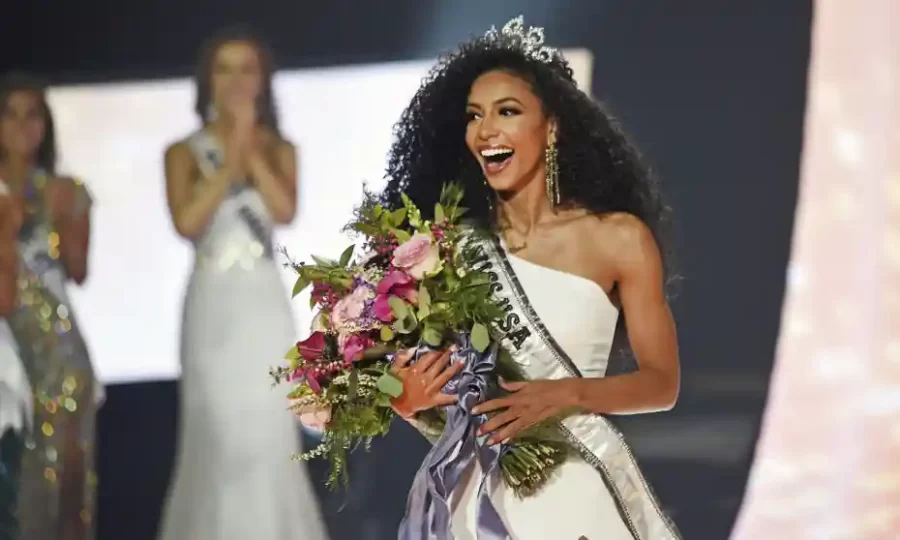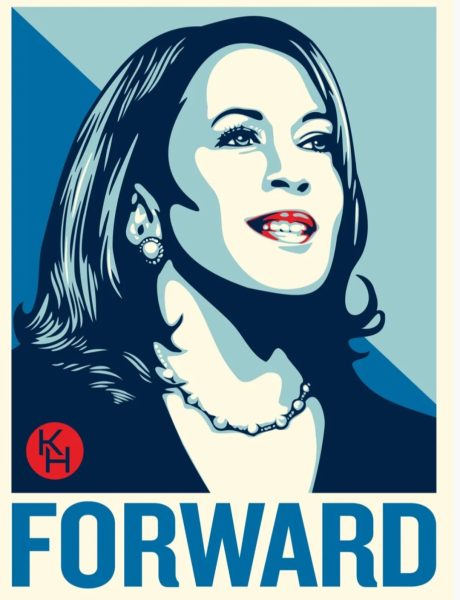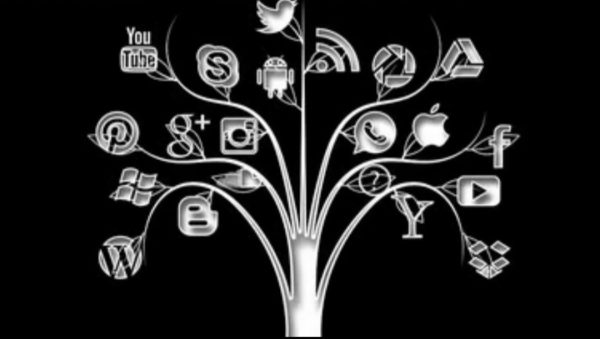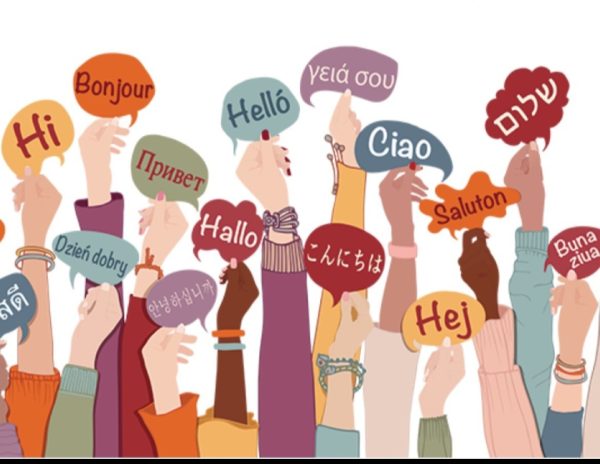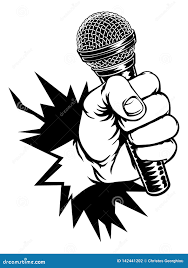Cheslie Kryst’s Death: Fame’s Effect
Depression and anxiety affect everyone, including the most attractive women on the planet. It makes no difference if you are attractive, wealthy, famous, or have made several flashy television appearances.
Cheslie Kryst, a 30-year-old beauty queen and Emmy winner, committed suicide on January 30th. From the outside, she seemed to possess all of the qualities of an ideal woman, and her future was promising. However, her captivating smile hid plenty of her struggles with depression.
In her private life, away from the media, she battled a high-functioning depression that she hid from her friends and family.
This exemplifies that no matter how much fame and success you obtain, or how beautiful you are inside and out, you can still face the internal struggles of depression. No matter who you are, what you look like, or all the amazing things you do in life.
She was a brilliant woman that offered far more than beauty. She studied hard to obtain a law degree before competing in competitive pageants, so she could share her wisdom with others.
Cheslie remarked on a momentous year in which Black women won all five major beauty pageants. It demonstrated that Black women could win instead of coming in second or third, as in past years.
She wore her crown over her natural curls when she accepted it, hoping to inspire other women to feel comfortable in their own skin by letting their hair present naturally. She fought against generations of women who felt compelled to straighten their hair in order to feel attractive or conform to society’s beauty standards.
She supported all Black women, the #MeToo movement, battled for unfairly convicted people, and helped women find affordable workwear on her blog. She was a wonderful person who genuinely enjoyed helping people.
The terrible reality of today’s social media is that it only welcomes influencers who are always upbeat and happy. Young women are frequently portrayed as hypersexualized, physically and psychologically flawless people on social media. This isn’t even close to being human.
In the shallow world of social media, it’s difficult to be yourself or vulnerable. Comments are frequently turned off to escape the hatred of commenters when posts aren’t what they want, when your comments or likes start to decrease it begins to invalidate your worth, and it just tears down self-esteem entirely. The sense of rejection you get from social media is the worst aspect of it all, and it can really damage your mental health.
Many people in the entertainment or social media industry struggle to balance their mental health with their careers. It’s always competitive, highly toxic, and the longer you stay in that atmosphere, the worse it gets for your mental health. It is just too easy to equate your own self-worth with the approval of others, to believe that you’re not good enough until others think you are.
We think of Marilyn Monroe, Princess Diana, and Nina Simone as much more than their undeniable beauty when we think of some of the most beautiful women in Hollywood history. Just like Cheslie, these stars were talented people that had won several awards and accomplished a great deal.
While mental health isn’t normally the first thing that comes to mind when thinking about these women, they all had mental health issues throughout their time in the limelight.
Actually, many of the inspiring personalities we look up to in the media suffer from mental problems that go unnoticed due to their famous status and success. Women are 40% more likely than males to experience severe depression, and they are subjected to high beauty standards throughout their lives, making it harder for them to acquire self-confidence and self-esteem. In their lifetime, one out of every four women will require depression treatment, such as counseling or medication.
“Stop being so emotional,” or “you’re just being overly sensitive,” are common phrases you hear as a woman. When you’re told this displaying any kind of sensitivity as a woman, it’s difficult to be taken seriously. It takes courage to confess your difficulties, and it is not anything to be ashamed of.
Thank the strong women in your life for all they’ve done for you, or take the time to care for your own mental health. You never know who might be going through a difficult time in their lives, and your words may be just what they need to feel better.
Depression comes in many different colors and shapes, and no matter how flawless someone appears on the surface, they are still human.
Cheslie Kryst exemplified love and helped so many people; my prayers and condolences are with her family.
Call the National Suicide Prevention Lifeline at 800-273-TALK if you or someone you know needs help (8255). You may also text a crisis counselor by dialing 741741, which will connect you with a counselor.


